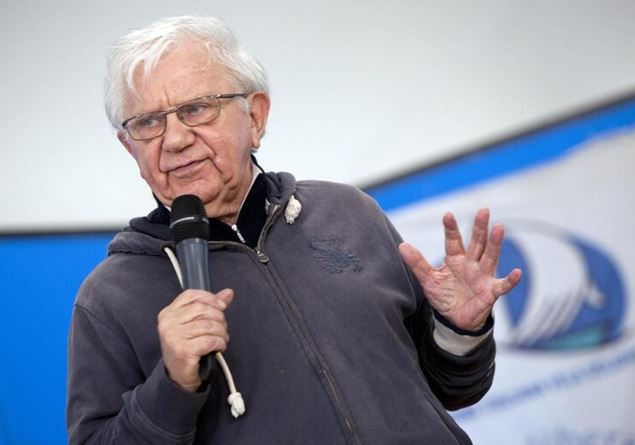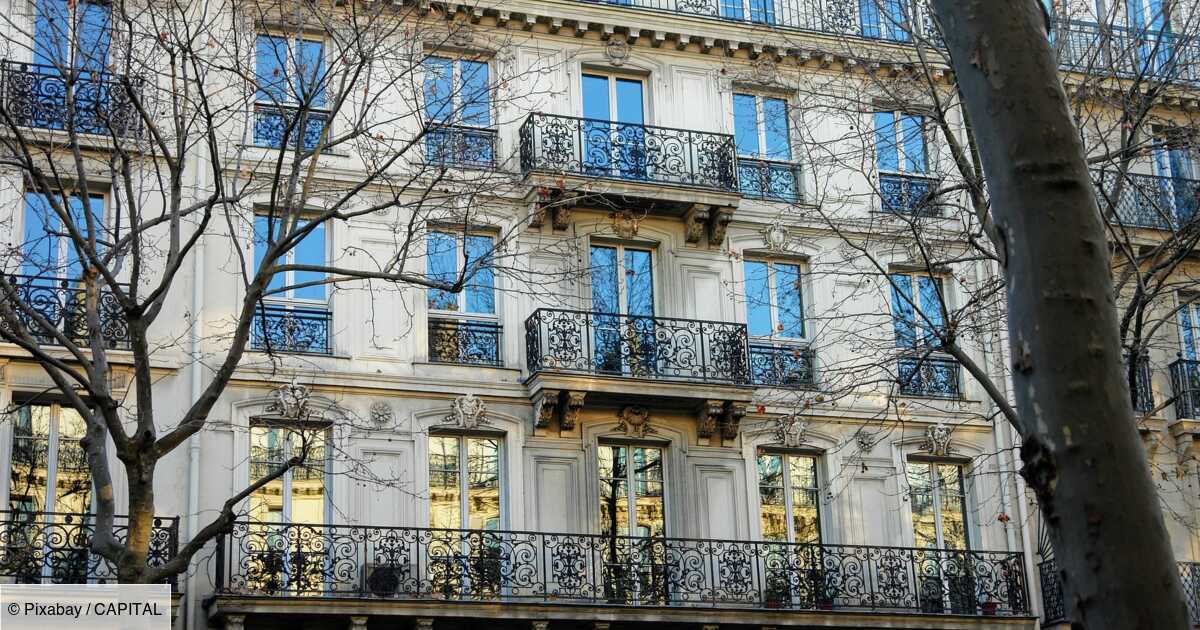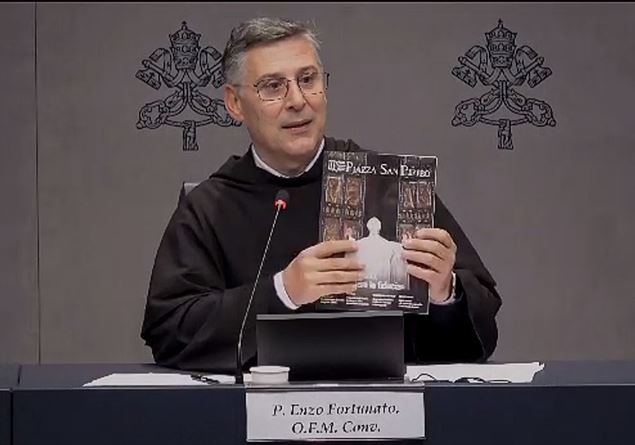
“Juvenile prison must be abolished as it is.” To put it in her own way, she is frank, frank and incisive Don Antonio Mazzithe 94-year-old founder and president of the Exodus Foundation. Who adds: «The juvenile justice system must instead be thought of as an “emergency room” for children who have to stay there for a few hours at most and then must be sent to re-educational structures organized in small groups.. And let’s be clear”, thunders the president of the Exodus Foundation, “the kids must not serve any punishment or punishment, but must confront their mistakes to try to understand them and start again from that awareness”.
According to Mazzi, children must think about the mistakes they have made and store positive life experiences, not punishments, «we must also change the language we use in justice and education if we want a real transformation, therefore the word punishment must be abolished. I would add that hypothesizing an odd number of kids for each structure is not a random choice, couples never go well and we know this from our experience: many of the kids we have in the community at Exodus come from prison”, explains Don Mazzi. He adds: «If they had been given the opportunity to take a journey directly out of prison, things would have gone better because I remain convinced that the mistakes that children make when they are young must not be considered from a criminal point of view, but only from a re-educational point of view».
And it is precisely to counteract a now deeply rooted vision of prison and justice for minors that the Exodus Foundation launched the “Ready, Go!” project in 2020, selected and supported by the Sociale Con i Bambini enterprise, as part of the Fund for the fight against child educational poverty. A four-year intervention to provide a psycho-socio-educational response to minors subjected to restrictive measures by the judicial authorities, through the “Carovana” model, an intense itinerant educational experience which is part of Exodus’ DNA and which aims to become a structured proposal integrated system of juvenile justice services. In practice the boys serve part of their sentence on the road, rather than in prison. The realization of Don Mazzi’s idea. The project was born «to create different solutions for these kids who make mistakes, to make them concretely see that mistakes can be repaired, not with repressive measures but by finding educational methods through travel, through the educational adventure of a trip»explains Franco Tavernacoordinator of the Foundation and national contact person for the project at the MIC Cineteca in Milan where on 7 November Exodus together with Coni Bambini held a conference to talk, raise awareness and think about these issues.
At this point it is necessary to take a step back. Precisely on 25 March 1985. Don Mazzi set off from Parco Lambro in Milan, the first itinerant educational project, «Exodus», says Taverna, «was born with a caravan. Because Exodus is a caravan, real, concrete, sweaty and metaphorical. In 1985 the theme was that of substances, today that of deviance. But then, as now, we started with a proposal that broke the then consolidated intervention patterns. New, provocative, courageous, it made stops throughout the peninsula for nine months. A successful caravan that has demonstrated that another way of dealing with the drug drama was possiblethat through adventure and educational relationships lost adolescents and young people could find each other again. Well, I think that even today we needed a similarly new and disruptive proposal, which in the face of the great discomfort and requests for help made by girls and boys does not remain closed in the lament of difficult times but which puts itself at their side listening to them and walking together on paths not yet explored.”
And so Ready, Go! it’s a breakthrough project he says Franco Tavernawhich coordinates the project at national level Ready, Go! which also involved the Centers for Juvenile Justice of Lombardy, Lazio, Puglia and Sicily and the Cooperatives Ex.it and Pegasus (Lombardy), Gli Aquiloni (Lazio) and Etnos (Sicily): «After the pandemic which has introduced further complexities into the lives of adolescents and their families, social inequality has increased, socio-educational services are particularly stressed and are struggling to understand and act. The manifestations of serious distress on the part of children and young people have multiplied, both in the form of violence against themselves and towards others. Faced with new forms of expression of suffering, the educational and training world of schools finds itself very unprepared and with few tools. In the same way, the re-educational containment system, at the head of juvenile justice, is also in trouble: in the last year alone numerous riots and escapes have broken out in various juvenile penal institutions in Italy, in Milan, Turin, Rome, Bologna, highlighting chronic problems linked to prison conditions, but also new acute problems of staff adequacy in the face of crises linked to mental health as well as the necessary educational and psychological supports”.
«In these 5 years we have learned a lot», continues Taverna; «Ready, Go! was born from the need to build alternative paths to detention or territorial “testing” for minors who have committed crimes. From the beginning, a beautiful and challenging educational proposal experienced in a group, walking on paths in Northern, Central and Southern Italy. A four-year intervention to provide a psycho-socio-educational response to minors subjected to restrictive measures by the judicial authority, precisely through the “caravan model” and which aims to become an integrated structured proposal for juvenile justice services. Instead of locking them in we are locked out, all together.”
The Caravan is a tiring and fascinating adventure, like life. Alex, who participated in this experience, also knows this well: «I was born in Brescia, in 2002. I am 17 years old. I made a lot of messes around. They reported me for the theft of a bike, but I didn’t steal the bike. Then they reported me because I stole from a supermarket, this is true. And again they reported me for a fight, this is also true. The caravan changed the way I see the world and also myself.” He echoes his testimony Omar: «I did the caravan two years ago. Now thanks to an educator I have started hotel school and I really like it».
The project envisages that no less than seven caravans for 100 children aged between 14 and 18. The overall management is entrusted to a coordination team which is made up of a responsible coordinator, a trainer, a psychologist and a psychiatrist. This is entrusted with the task of training operators and establishing educational teams for each caravan, ensuring the consolidation and improvement of skills and knowledge for the entire duration of the project.
He also spoke at the meeting promoted by the Milanese foundation Silvio Premolifull professor of general and social pedagogy at the Catholic University of Milan and guarantor for childhood and adolescence in the city of Milan, a figure established in 2014 who recalls: «The shortage of educators is a real national emergency. Without them you can’t deal effectively with kids. The current emergency must be addressed with a frank discussion between all stakeholders, with timeliness and collaboration between politics, universities and the third sector. Always listening to the kids because they are at the center, not only of educational projects and initiatives, but of a path that concerns their lives and which must make them protagonists».
Protagonists of new paths in their lives and opportunities to mend the rift of a crime. «”Lo Strappo. A chat about crime”, is also the title of a documentary and educational project which since 2003 has raised awareness on the issues of justice, rules, conflicts, transgression, prison, civil coexistence and the fight against mafias “, explains Francesco Cajanipublic prosecutor at the Court of Milan who also recalls how among the most significant activities of the project is the organization of a workshop in prison, making use of the experience of the Gruppo della Trasgressione, founded by the psychotherapist Angelo Aparo, which brings together the prisoners who are part of it every week and also has the aim of accompanying by the hand around thirty young people (aged between 18 and 22) to discover faces, realities and significant places of the Milanese reality. And it is Aparo, among the speakers of the meeting at the MIC, who also invites onto the stage Matteo, detained in the Opera prison in Milan and member of the Transgression Group who participated in the Caravan of the Pronti Via! project.: «I went to the Genoa stage for two days to give my testimony as a 43-year-old prisoner. I returned to prison in Milan enriched by that meeting, by the story of a migrant boy who escaped across the sea without knowing how to swim and who that day, in the Ligurian sea, challenged his fears and learned to do so. It was the first day I saw the sea sober and without drugs in my body. I came out full of life, I, who had been called to be a speaker and to pass on my experience.” The supervisory magistrate at the Court of Milan, Roberta Cossia in light of one of these he comments: «I am happy when people like Matteo can leave prison and have these enriching experiences. But the problem is that they can do this thanks to third sector bodies and associations, when it should be the State that initiates or in any case supports these projects”.
A step in this direction is the – successful – experiment «del ‘The Calling Department’ of the San Vittore prison in Milanwhere”, specifies Aparo in conclusion, “there have never been so many young adults in prison. In this space we welcome young people between 18 and 25 years old in preventive detention, therefore not yet definitively convicted, starting a journey right from that moment”. Therefore anticipating the dictate of article 27 of the Constitution which is too often not applied in prison.







